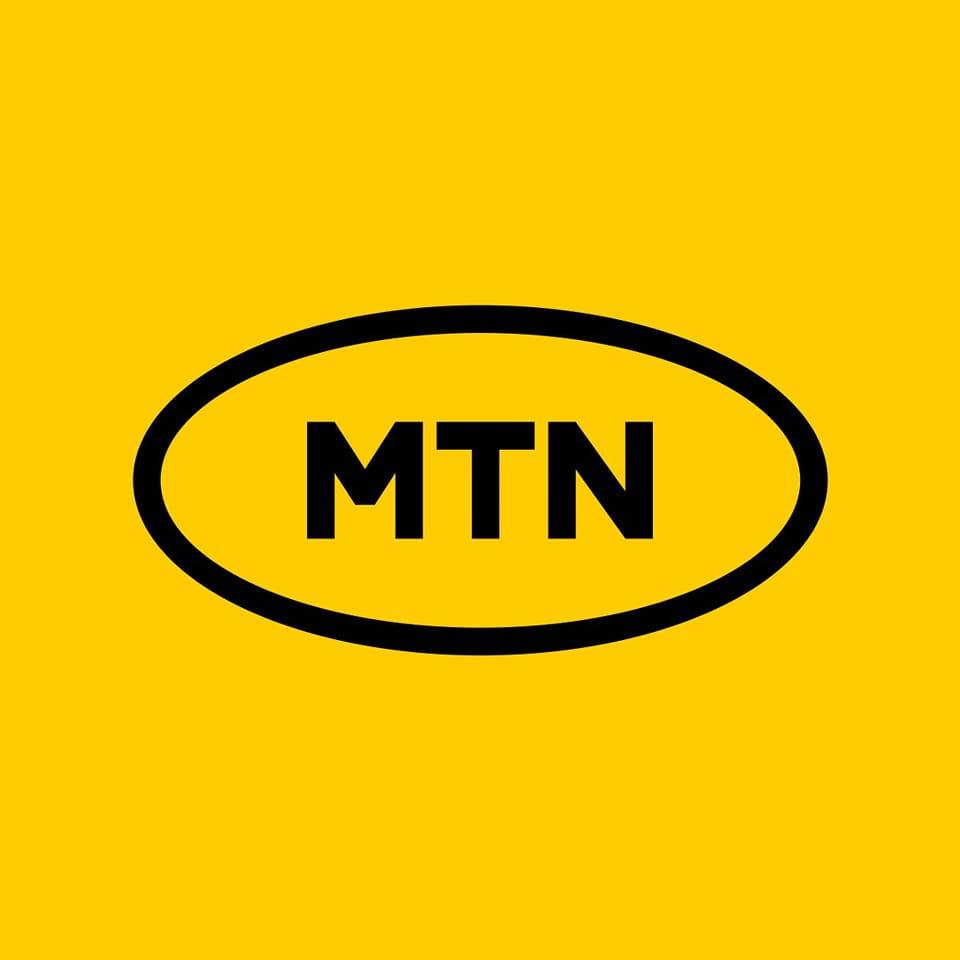The good news is that MTN has released a SENS announcement clarifying the situation in Nigeria. The bad news is that the media reports on the issue came out a day prior, so there was a full trading session of carnage in the share price before MTN steadied the ship.
These are the kinds of trading opportunities that people love. MTN lost 8% on Tuesday and was up 4% in afternoon trade on Wednesday. For traders rather than investors, volatility is what they want to see. You can’t make money as a trader unless prices move and ideally move sharply.
The formal directive to MTN from the Nigerian Communications Commission (NCC) was to place subscribers whose SIMs haven’t been registered with National Identity Numbers (NINs) on “receive only” status from 4th April. This shuts off outgoing voice calls, but not other services.
By 31st March, MTN Nigeria had managed to register around 47 million subscribers for NINs. This was achieved with over 4,200 points of enrolment across the country. This represents around 67% of MTN Nigeria’s subscriber base and 76% of service revenue for FY21.
The outgoing voice revenue from subscribers who have been placed on receive only status is around 9% of MTN Nigeria’s FY21 service revenue. To be clear, this is 9% of the revenue of MTN Nigeria, not MTN Group. Also, MTN Nigeria is a separately listed company in which MTN Group holds around 75%, so minority shareholders are taking some of the pain.
At MTN Group level, the issue is around 3% of service revenue on an annualised basis. Of course, MTN will do everything possible to register the outstanding subscribers, so the eventual impact on revenue will hopefully be much lower than 3%.
People need working cellphones in order to operate in society. These aren’t luxuries or nice-to-haves. Even if MTN loses some subscribers along the way, I would wager that most of them will be retained and the market clearly overreacted to the initial bad news.
If nothing else, this is a reminder of how quickly sentiment towards Nigeria can sour, as investors have been burnt before.
As I’ve written elsewhere in updates by companies like Nampak, there are also growing concerns about USD liquidity in Nigeria. This is critical for repatriation of profits by South African companies invested in the region.




